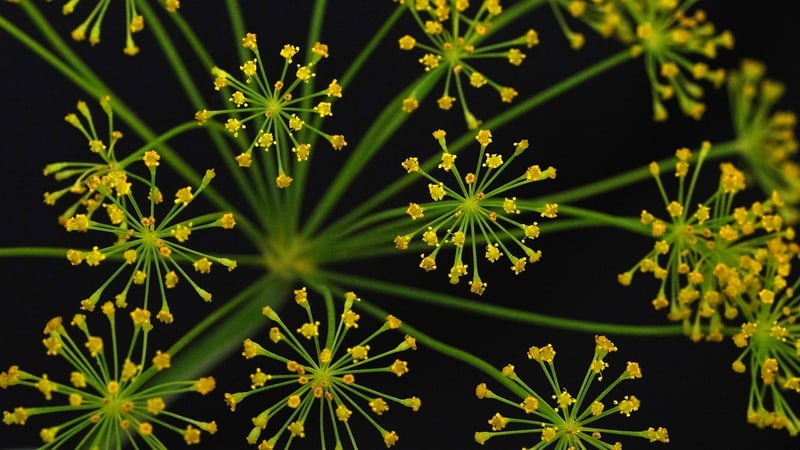Soil Requirements
Essential Tips for Herb Cultivation
Introduction
Herb cultivation is a rewarding and enjoyable hobby that can provide you with fresh ingredients for cooking, teas, and natural remedies. Whether you are a beginner or have some experience, these essential tips will help you successfully grow your own herbs at home.
1. Choose the Right Location
Herbs generally require around 6-8 hours of sunlight daily, so select a spot in your garden or balcony that receives adequate sunlight. Some herbs can also thrive indoors on a sunny windowsill.
2. Use Quality Soil
Good soil is essential for healthy herb growth. Opt for well-draining soil with a neutral pH level. You can also enrich the soil with compost to provide essential nutrients to your herbs.
3. Watering and Drainage
Herbs prefer slightly moist soil, so ensure you water them regularly. However, overwatering can lead to root rot, so make sure the pots or beds have proper drainage to prevent waterlogging.
4. Pruning and Harvesting
Regular pruning not only keeps your herbs bushy and healthy but also encourages new growth. When harvesting, avoid taking more than one-third of the plant to allow for regrowth.
5. Companion Planting
Some herbs thrive when planted alongside specific companion plants. For example, basil benefits from being near tomatoes, while rosemary complements cabbage. Research companion planting to maximize your herb garden's potential.
Soil Requirements for Herb Cultivation
1. Well-Draining Soil
Herbs dislike waterlogged conditions, so ensure your soil drains well to prevent root rot. Sandy or loamy soil types are generally suitable for most herbs.
2. Neutral pH Level
Most herbs prefer a neutral pH level between 6.0 and 7.0. Test your soil using a pH tester and amend it with lime to raise pH or sulfur to lower it if needed.
3. Nutrient-Rich Soil
Herbs benefit from soil rich in organic matter. Compost or well-rotted manure can help provide essential nutrients for healthy herb growth.
Conclusion
By following these essential tips and ensuring your soil meets the requirements for herb cultivation, you can enjoy a thriving herb garden that provides you with fresh flavors and aromas year-round.
 Image Source
Image Source
